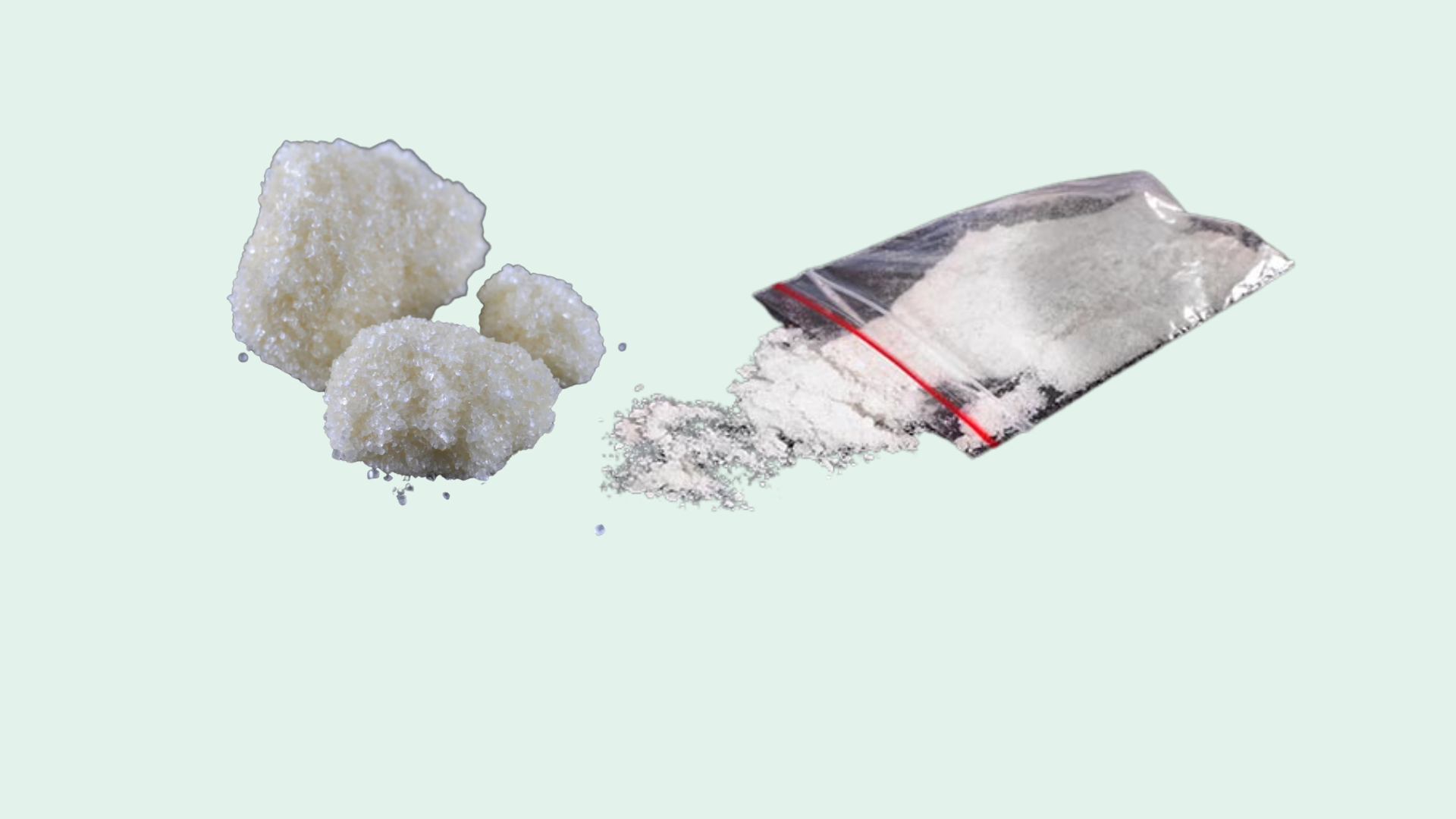Cocaine Withdrawal and Side Effects
Withdrawal from cocaine can be extremely uncomfortable. Some common withdrawal symptoms include strong cravings, depression, fatigue, increased appetite and disturbed sleep patterns. The withdrawal symptoms can lead to a cycle of continued use, making it challenging to stop and critical to seek professional help.
While the physical side effects of cocaine withdrawal are not as severe as many other drugs, they still exist along with many psychological symptoms of cocaine withdrawal including:
- Intense cravings
- Depression
- Fatigue
- Anxiety
- Excessive sleep
- Irritability
- Agitation
- Sleep disturbances
- Restlessness
- Slowed activity
- Suicidal thoughts
The symptoms of withdrawal can occur even when the drug has not completely left your system.
Depression is one of the biggest factors in cocaine withdrawal because the drug disrupts the brain’s natural balance of dopamine. Once the drug wears off, there may be persistent depressive episodes.
Cocaine Withdrawal Timeline
Withdrawal symptoms can begin within the first 24 hours once a frequent user of cocaine stops using the drug. These symptoms typically three to five days but some symptoms such as sleep disturbances, mood swings, cravings and anxiety can last for a month or two.
- Acute withdrawal: This type of withdrawal is seen within the first hours or days after someone stops using a substance like cocaine. This stage generally lasts a few days to a few weeks.
- Protracted withdrawal: This type of withdrawal includes symptoms that go beyond the acute stage. Cocaine withdrawal does not have many symptoms that last for months after use is stopped.
Cocaine Detox Treatment
Detox is the process of gradually reducing drug use and carefully managing withdrawal symptoms. Medical supervision is essential, especially for those who have co-occurring mental health issues or a history of abuse. Someone who has used cocaine for a long time may experience severe side effects from withdrawal so monitoring is crucial during this step in the recovery process.
Because cocaine is not used to treat a physical symptom, there is not much Medication-Assisted Therapy (MAT) used during detox from the drug. A medication may be used for muscle aches or to calm agitation. Anti-depressants are also prescribed to combat the uncomfortable feelings that come from the brain’s dopamine levels no longer being affected by cocaine.
What Happens Next?
Detox and continued treatment will include psychological support, therapy, counseling and creating a comprehensive treatment plan to support recovery. Learning ways to manage cravings and avoid triggers is part of treatment, along with lifestyle changes like establishing good sleep habits, improving nutrition, getting regular exercise, and taking vitamin supplements.
The recovery journey will be supported with therapy and counseling as well as support groups, where you will find encouragement from those in similar situations. This is a new life and there will be challenges, but therapy and community groups will give you the education and guidance you need to navigate your days, identify triggers and learn coping strategies.
Consider new activities and hobbies, learn about balancing nutrition and overall wellness, find ways to improve sleep patterns, work on reducing stress and discovering relaxation techniques. You are the center of your recovery program, and your participation is essential in its success. You have taken the courageous step to seek help so stay on this path and embrace your new way of living!

